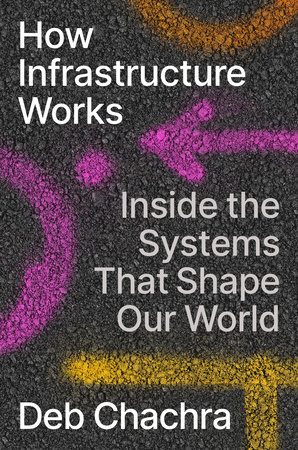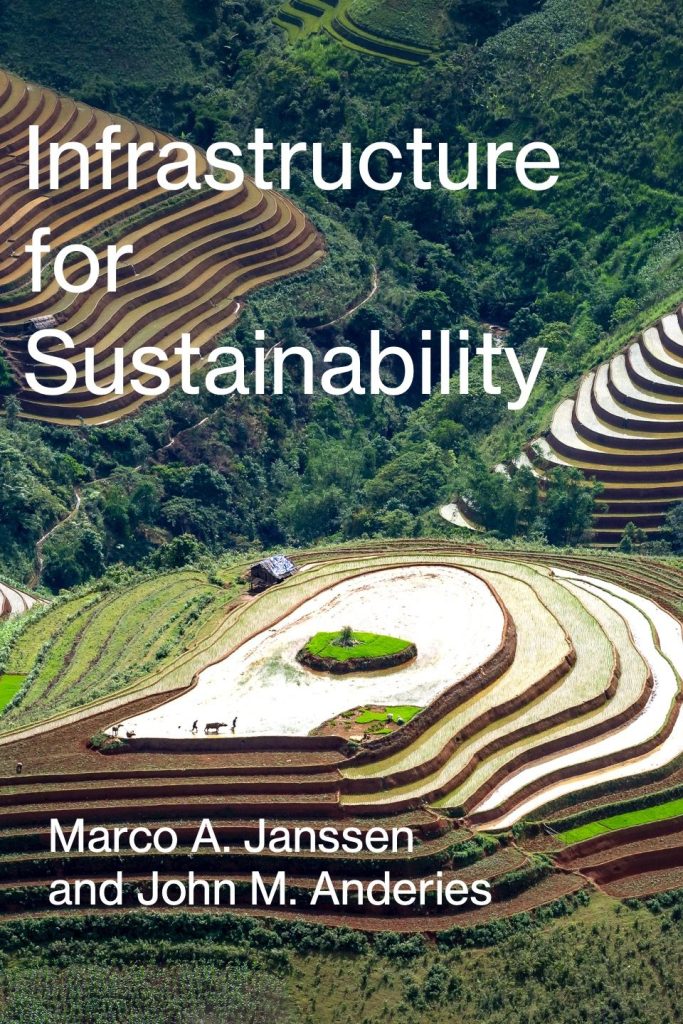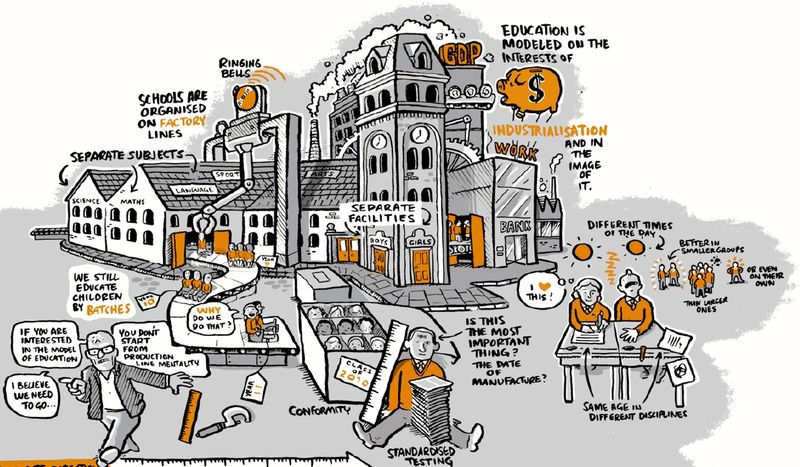How Infrastructure works
Just finished the insightful and very readable book on infrastructure by Deb Chachra, an engineering professor at Olin College of Engineering. Writing an enjoyable book on traditional infrastructure for a general audience is a daunting task. Dr. Chachra is able to do this by connecting the many invisible affordances infrastructure provides to improve people’s lives to personal experiences. It helps that she has a connection with India, so she can contrast the state of infrastructure first hand between different continents.
I was pleasantly surprised that she does not just focus on the engineering aspects of infrastructure, and spends considerable time on the individual, social, and societal context of infrastructure. Infrastructure is a consequence of decisions our society has made in the past and it has long term implications. The fact that she had to get her first car by moving to Boston due to the lack of public transportation resonated with me since I had to learn to drive a car when I decided to move to Phoenix, Arizona. Our personal choices are constrained or enabled by existing infrastructure, which is why infrastructure decisions we make for the transition towards a more sustainable society are so important. Dr. Chachra also talked a lot about the importance of caring. Caring for infrastructure is needed to keep it functioning well. Maintenance is not very appealing, but the best infrastructure performance is achieved when we do not experience any hiccups in the functioning of the infrastructure. Unfortunately, US society is more focused on creating new, better and more innovative infrastructure, and not on caring about existing infrastructure. This is in contrast to Indian society where traditions help to keep ancient infrastructure functioning until today. In the face of climate change and other events that will likely be challenging infrastructure in the coming decades, we need to care more about infrastructure. Whether this is community solar, sorting our garbage into different types of waste, leasing and sharing personal infrastructure (cars, home appliances, ..), and spending more time preparing nutritious (non-ultra processed) food (care about your human infrastructure!). We are accustomed to our infrastructure being available to us and functioning well, but this depends on exploitation of cheap energy, food and labor. A more sustainable future requires more caring for infrastructure systems.









